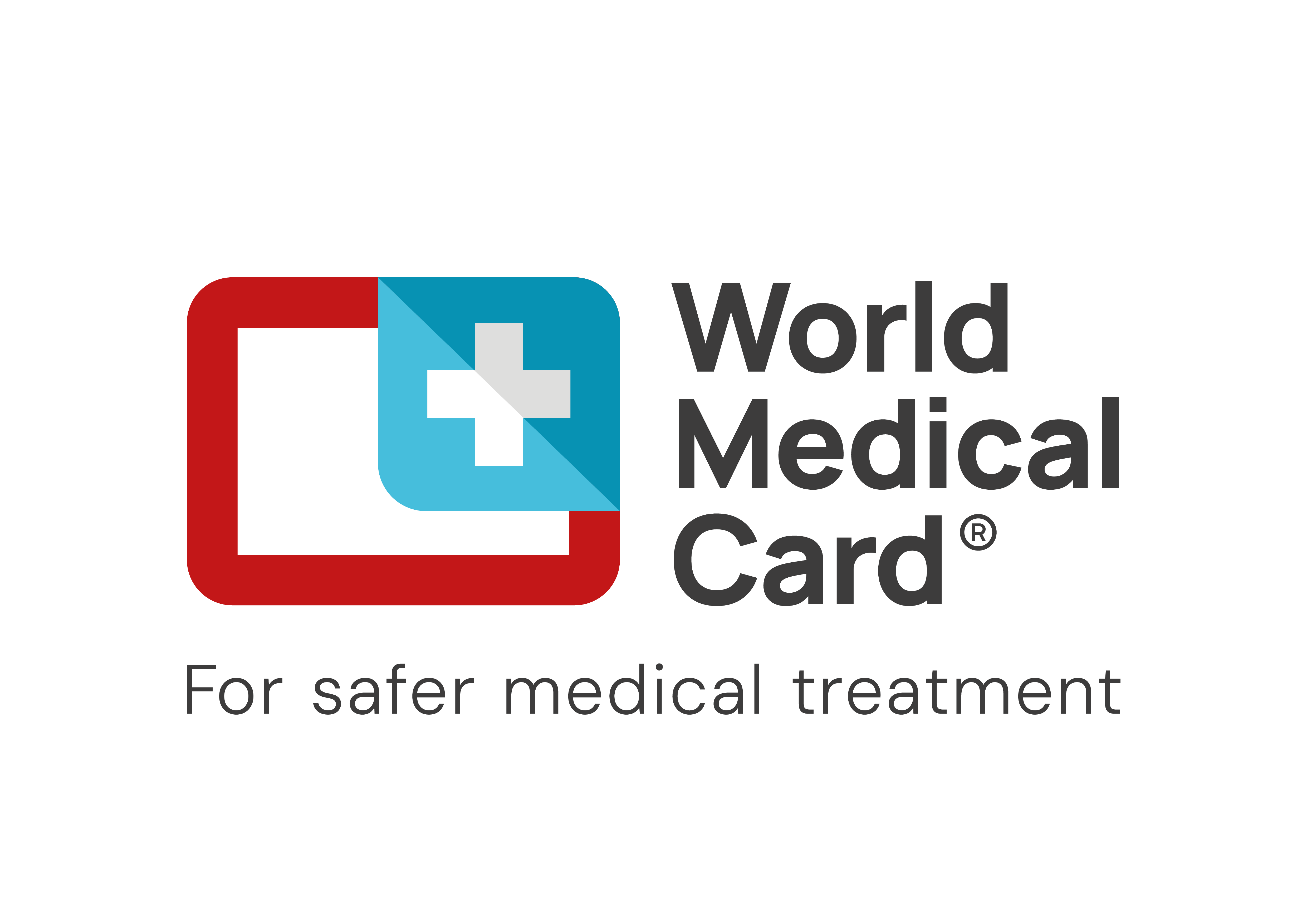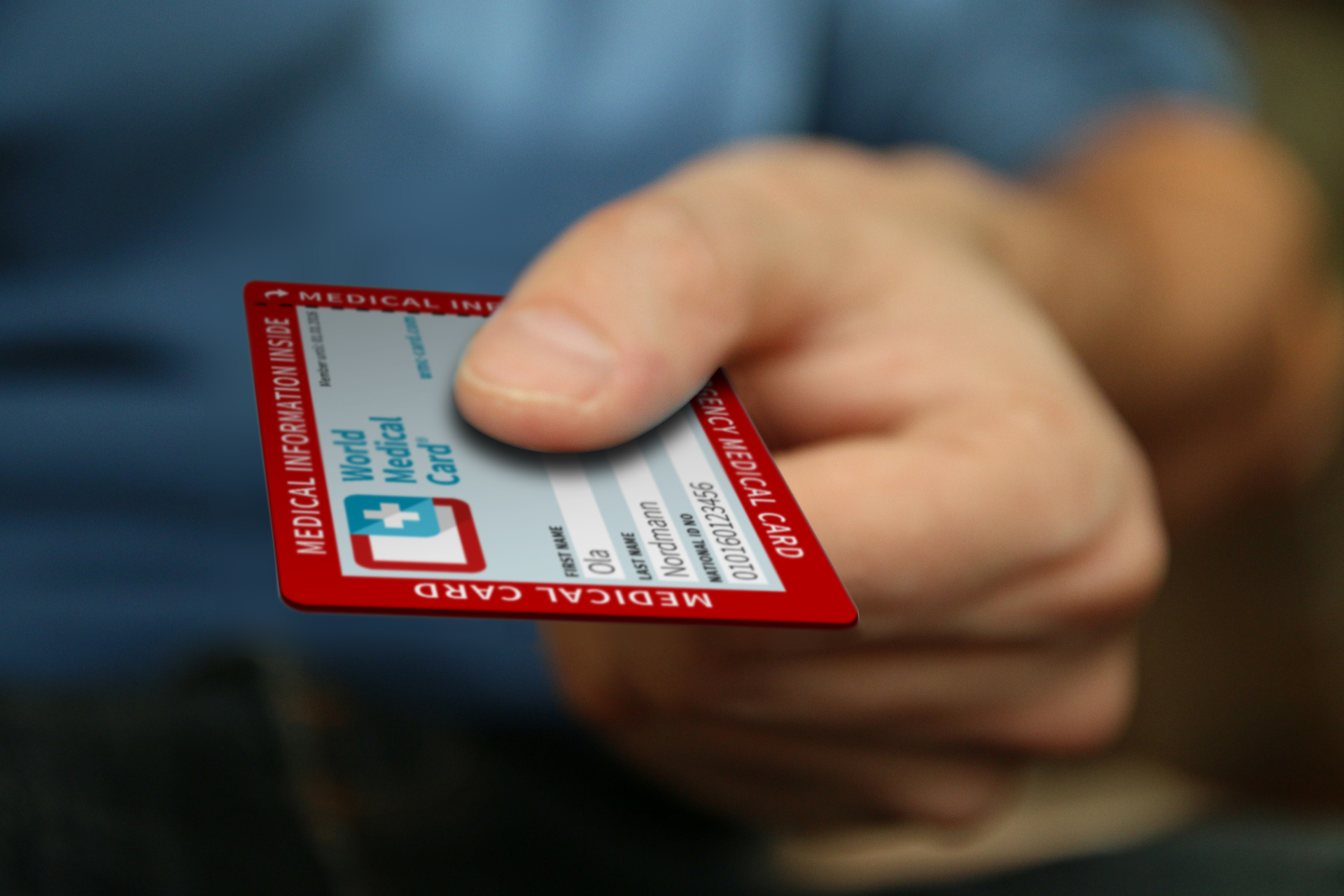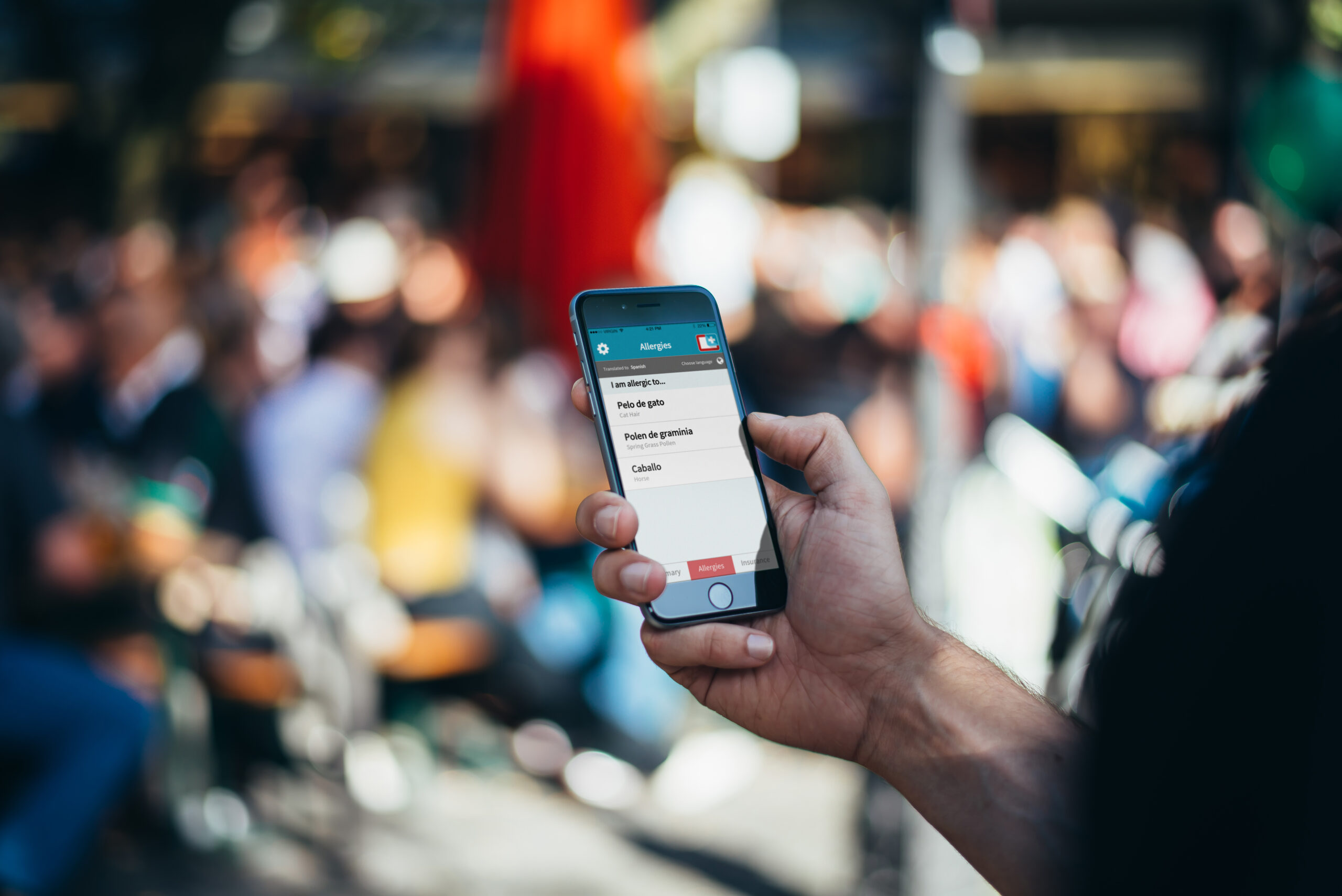The One Ocean Expedition is a voyage onboard the Norwegian tall ship Statsraad Lehmkuhl, aimed at raising awareness and sharing knowledge about the crucial importance of the ocean for a sustainable future on a global scale. The inventor of the World Medical Card, Arne Veidung, joined the crew on a 19-day expedition after a lifelong ambition and a desire to raise awareness of the importance of protecting our waters. In his mind, protecting the ocean or protection human lives are two sides of the same coin.
The ocean, a vast and enigmatic realm, is fundamental to life on Earth. Yet, it faces unprecedented threats from climate change, pollution, and overexploitation. One Ocean Expedition has embarked on a journey, turning a historic tall ship into a global ambassador for ocean health.
Currently, the majestic Statsraad Lehmkuhl, a 111-year-old Norwegian sailing tall ship, is undertaking its 2025-2026 expedition, circumnavigating the Northern Hemisphere after a successful global voyage from 2021-2023. This isn’t just a picturesque sailing adventure; it’s a vital scientific mission and a powerful educational platform, recognised as part of the UN Decade of Ocean Science for Sustainable Development.

On board Statsraad Lehmkuhl, everyone literally has to pull in the same direction. Photo: Malin Kvamme.
A Floating University and Research Hub
At its core, the One Ocean Expedition functions as a research vessel and a floating university. The One Ocean Expedition sails to share knowledge and inspire action for a sustainable ocean. But that’s not all. Part of the expedition raises awareness and shares knowledge. The primary goal is to highlight the ocean’s crucial role in a sustainable future, engaging with communities and leaders across the globe. It also conducts cutting-edge research. The Statsraad Lehmkuhl is equipped with state-of-the-art scientific instruments that continuously collect data on vital ocean parameters. This includes measurements of temperature, salinity, CO2 levels, microplastics, and marine life, providing invaluable insights into the ocean’s changing health. Unlike traditional research vessels, its primary reliance on wind power minimises environmental impact, ensuring quieter and cleaner data collection. One of the most vital elements the One Ocean Expedition aims to achieve is in the realm of educating future leaders. The ship serves as a ‘floating university’, bringing together students, scientists, researchers, and professionals from diverse backgrounds. Through hands-on experience, shared tasks, and interdisciplinary learning, participants gain a deeper understanding of ocean science and the challenges it faces.

The One Ocean Expedition sailing route, April 2025 – April 2026.
The Journey So Far and What Lies Ahead
Arne Veidung, inventor of the World Medical Card, joined the crew, which departed from Nice in France, and sailed to Ponta Delgada in Portugal. Under the direction of the ship’s professional crew, all guests participate in two fixed four-hour watches per day and take on a variety of duties, including mending the helm, performing sailing manoeuvres, standing lookout, and setting and furling the sails. Seamanship, friendship, unity and nature experiences go hand in hand.
Partnerships are key to the expedition’s success, with institutions like Plymouth Marine Laboratory, the University of Bergen, UiT – The Arctic University of Norway, and companies like Kongsberg Discovery contributing scientific expertise, technology, and educational programs. Even Crown Prince Haakon of Norway serves as a goodwill ambassador, underscoring the royal commitment to ocean preservation.

Photo: Malin Kvamme
Impact and Inspiration
The data collected by the One Ocean Expedition is not just for scientists; it’s shared in near real-time, contributing to a better understanding of how the ocean works and how it is changing. This information is vital for improving ocean forecasts, refining climate models, and informing policy decisions for sustainable ocean management.
Beyond the scientific contributions, the expedition aims to bridge the gap between science and society. By making ocean research visible, relatable, and engaging, it inspires greater understanding and action for a healthy, sustainable ocean. The shared experience of life at sea, where collaboration and resourcefulness are paramount, mirrors the collective effort needed to address global sustainability challenges.
As the Statsraad Lehmkuhl continues its remarkable voyage, it carries a powerful message: we have only one ocean, and its future depends on our collective understanding, action, and commitment. The One Ocean Expedition is a beacon of hope, demonstrating how science, education, and international cooperation can navigate us towards a healthier planet.
World Medical Card
At WMC, we believe that everyone’s safety is paramount, and this aligns with the environments in which we operate. For those with medical conditions, we aim to create a safer way of living, travelling, campaigning, and engaging in diplomacy anywhere in the world. Which is why we support causes such as One Ocean Expedition, because a more harmonious ocean makes for a safer planet for all.







